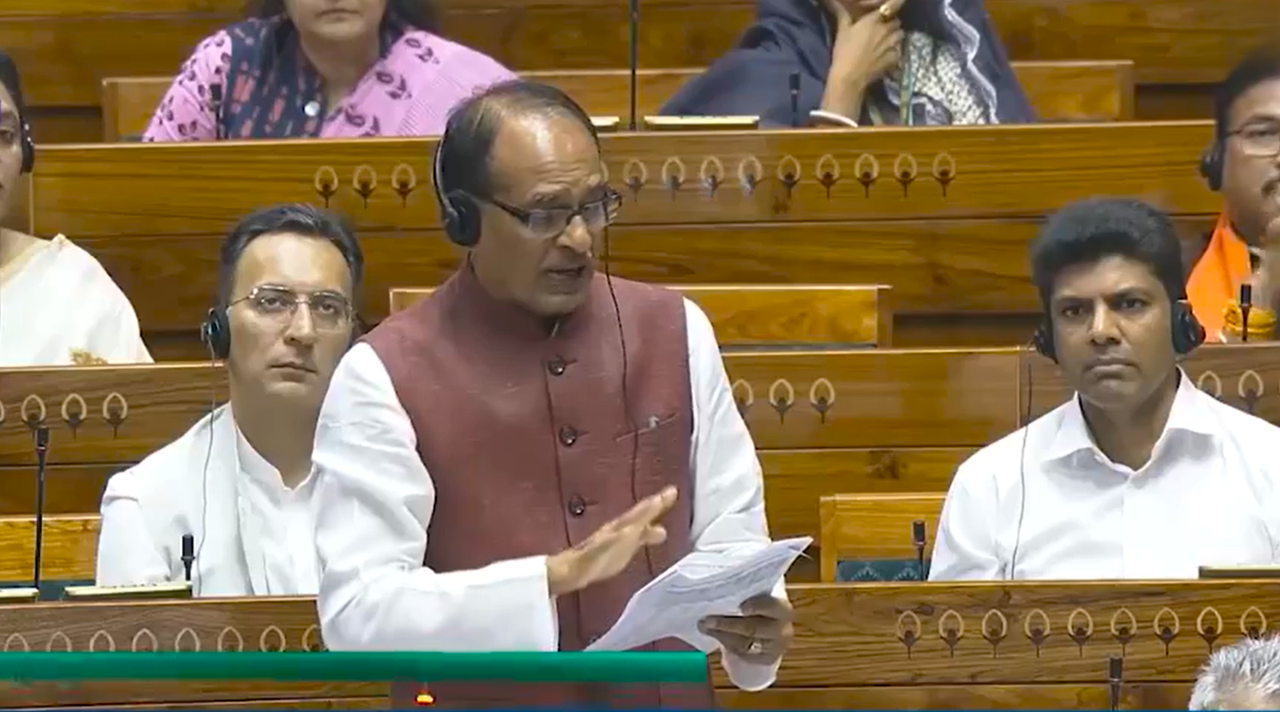
Union Minister for Agriculture and Farmer's Welfare Shivraj Singh Chouhan highlighted the significant improvements brought about by the Pradhan Mantri Fasal Bima Yojana (PMFBY) in a detailed response to questions on the Crop Insurance Scheme in the Lok Sabha. Chouhan pointed out the shortcomings of previous crop insurance schemes, which included insufficient claims, lower insured amounts, and delays in claim settlements, leading to numerous objections from farmers and farmer organizations.
Praising Prime Minister Narendra Modi for the new scheme, Chouhan revealed a dramatic increase in participation and benefits. "Under the previous schemes, 3.51 crore applications were received, while the new PMFBY has seen 8.69 crore applications," he stated. The gross insured amount has surged to over ₹2.71 lakh crore, with farmers paying premiums amounting to ₹32,404 crore and receiving claims worth ₹1.64 lakh crore.
Chouhan emphasized that PMFBY covers natural calamities, ensuring farmers benefit even in adverse conditions. He noted that the scheme has been made voluntary, rectifying the earlier issue where loanee farmers were compulsorily insured with premiums deducted by banks. This voluntary approach has seen coverage expand from 5.01 lakh hectares to 5.98 lakh hectares in 2023, encompassing 3.57 crore farmers. The government has also introduced measures to simplify the scheme, making it more accessible to farmers.
Highlighting the flexibility of PMFBY, Chouhan explained that the Central Government formulates the policy, while state governments choose their preferred implementation model. Insurance companies, both private and public, then execute the scheme at competitive rates. He clarified that states are not obligated to adopt PMFBY, citing Bihar's decision to implement its own crop insurance scheme with a different premium structure.
One of the significant changes in PMFBY is the shift from block-level to Gram Panchayat-level units, ensuring more accurate compensation for affected farmers. Mandatory crop cutting experiments and remote sensing technology are used to assess crop losses, addressing delays in claim settlements. The scheme now mandates a 12% penalty on insurance companies for delayed payments, which is directly credited to the farmer's account.
Chouhan attributed 98.5% of payment delays to the slow release of premium amounts by state governments and urged them to expedite the process. He assured that the Central Government releases its share promptly to avoid delays. From this Kharif season, direct payments to farmers' accounts will be enforced with the 12% penalty in place.
While Chouhan acknowledged the concerns about forming a committee for the scheme, he expressed confidence in the current system but welcomed suggestions from members for further improvements.

















